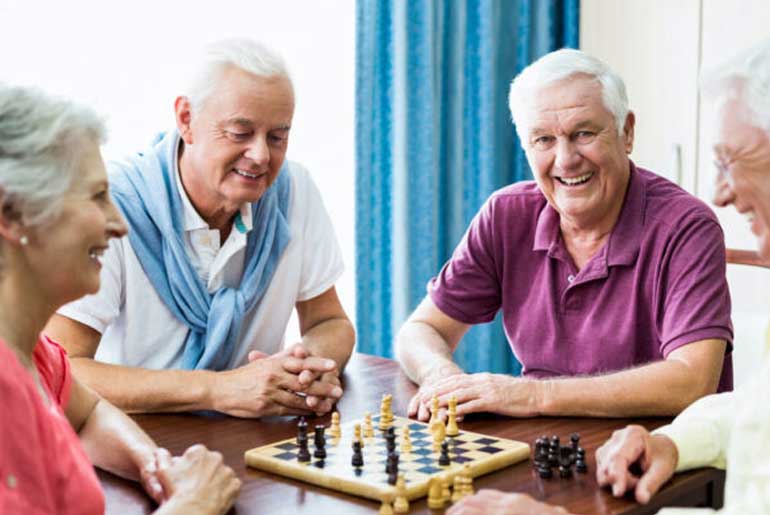The study mentioned in the article suggests that engaging in mentally stimulating activities, such as educational classes, journaling, and playing games or chess, may help reduce the risk of dementia. The research, which focused on older adults, found that frequent participation in such activities was associated with a lower risk of dementia.
The study involved over 10,000 Australian adults aged 70 or older, or 65 or older for Hispanic, Latino, and Black participants. The participants were assessed for dementia over a 10-year period, and their engagement in various activities was taken into account.
The results showed that activities like educational classes, computer use, writing letters or in a journal, playing games or chess, and doing crosswords or puzzles were associated with a lower risk of dementia. However, activities involving interpersonal networks, social outings, and external trips did not show the same association with dementia risk.
It’s worth noting that the study was observational, and the participants were primarily white, so the results may not apply universally. Additionally, the study couldn’t account for all factors that could affect dementia risk, and participants may have been healthier and more engaged with their community than the general population.
While engaging in mentally challenging activities is beneficial, it’s important to consider other lifestyle factors as well. Staying physically active, maintaining a healthy weight, avoiding smoking, treating high blood pressure, and leading an overall healthy lifestyle can also contribute to reducing the risk of dementia.
It’s advisable to consult healthcare professionals for personalized advice and guidance on maintaining brain health and reducing the risk of dementia, as individual factors and genetics can also play a role in the development of the condition.
Disclaimer:
The information contained in this article is for educational and informational purposes only and is not intended as a health advice. We would ask you to consult a qualified professional or medical expert to gain additional knowledge before you choose to consume any product or perform any exercise.







